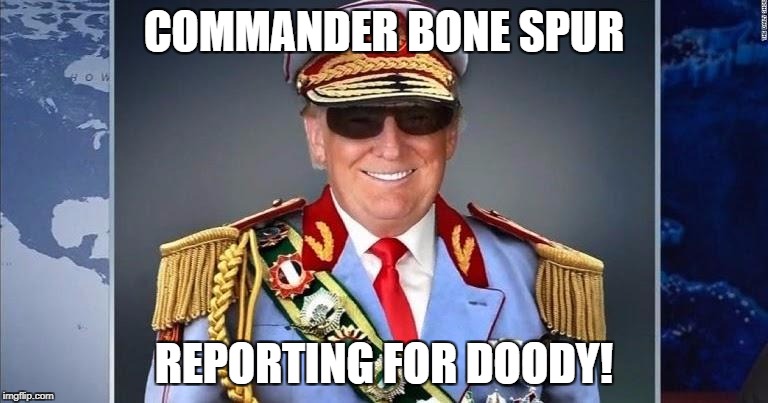Originally a pair of comments by AJ Milne on Shade of pale.
Think it was David Brin also pointed out about Star Wars: the droids are pretty clearly sentient, intelligent beings… Yet they can be bought, sold, effectively enslaved with ‘restraining bolts’. And it’s not just villains who do so.
… I find it not at all surprising Sagan would raise the issues he did. It flows quite naturally, it seems to me, from other views on the possible diversity of life in the universe, how our own perspective is, as yet, probably quite limited, against all of what might be out there.
There seems to be this very poorly thought through attitude amongs the anti-social justice (or possibly just antisocial and antijustice) contingent that, somehow, there’s this bright line between some mythical, antiseptic domain of the ‘hard scientists’ and some terribly squishy, soft social domain thing. And this attiitude, again, I suspect, is rearing its head here.
And Sagan is, in fact, amusingly enough, a fairly clear exhibit that this is not at all a clean separation. Not that it should surprise anyone, really, that there isn’t, when the very categories, here, are reified pretty willy nilly…
There’s a legitimate case, maybe, that you can’t get from is to ought in any absolutely prescribed way. As in: nothing about the arrangement of the physical matter of the universe quite says we shouldn’t enslave people or just treat them like desert. On the slavery question, economists, I’m sure, could comment pretty brutally on when it does, kinda, work out, if all you’re looking at is a specific balance sheet. (I’d add, parenthetically: chattel slavery, though it absolutely can be a helluva deal for the plantation owner, isn’t necessarily guaranteed to be that great a deal for them; it may be one of the reasons it’s not around much anymore, or not anywhere where there’s any kind of modern economy going)…
But look at what the so-called ‘hard’ sciences are, and what ‘technology’ is. Nothing, at all, walls them off from the social world. And the social world, the rules we live by, are every bit as real as a booster rocket. And technology is really only important to us when it meets up with the human, and, generally, quickly after that, it will meet up with the social. A rocket booster isn’t interesting to us just because, out in space, away from perturbing bodies, it’s an unusually clean example of the third law in action…
It’s interesting because of where we can go with it, what we can send up with it, which may be, yes, a communications satellite (a thing with social interaction as its very reason for being, that), or a robot that will send back information on what we are curious about…
What’s behind this poorly considered idea of some mythical separation of these domains is, I think, mostly wishful thinking. People like to keep things simple, and some of them, especially, just don’t want some things to change. They’d like to say can’t we just talk about the canyons on Mars; those are cool; can’t we just talk about rockets; I like those…
But real life isn’t like that. Everything you learn has implications. And everything you invent has implications. And nothing you do, you truly do in a vacuum (even if you do it halfway to the asteroid belt). And while you’re looking through your microscope, probably someone’s making your lunch. And how they’re being paid cannot be entirely separated from you, either, or how you had time to look through that microscope…
Real life isn’t like that. Reality isn’t like that. And the sciences, after all, do try to concern themselves with studying reality…
… and actually good scientists, like Sagan, are of necessity curious and wide-ranging thinkers. Inevitably, they’re going to notice those things. They will notice the connections, even if you’d rather not think about them.




